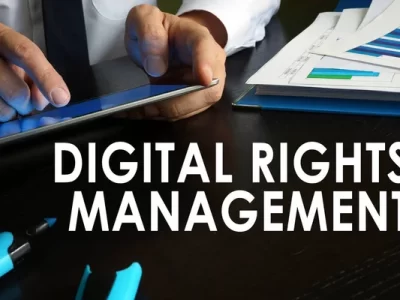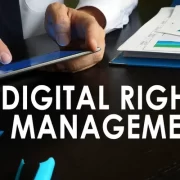
Options and futures trading in Hong Kong is an activity that has been gaining popularity over recent years. This type of trading involves buying and selling contracts, each with a set price, expiration date, and specific terms. Investors can use these instruments to speculate on future market movements or gain exposure to specific markets without owning any securities outright.
Options and futures trading in Hong Kong provides potential investors with great trading opportunities. Still, it also carries some risk if one does not know how to properly manage their trades or is unfamiliar with the basics.
This guide will provide beginners with an overview of options and futures trading in Hong Kong and how to enter these transactions safely and successfully.
What are options and futures?
Options and futures are two types of financial instruments traders can use to speculate on the movements of underlying markets or assets. An option is a contract granting its holder the ability to purchase (call) or sell (put) an underlying asset at a pre-specified price and expiration date. On the other hand, a future is a contract where both parties agree to either buy or sell an asset for delivery at an agreed-upon date.
Investors from all walks of life use listed options and futures as they offer various advantages over traditional investments such as stocks and bonds. Another advantage they offer is that they are highly liquid and can be easily bought or sold on the secondary market.
Advantages of options and futures trading
One of the primary benefits of options and futures trading in Hong Kong is its low cost and high liquidity. Investors only need to put up a small amount of margin to enter into a trade, making it much more affordable than buying stocks outright. Furthermore, there is an abundance of buyers and sellers on the secondary market, allowing investors to quickly enter or exit positions without waiting for someone else to match their orders.
Options and futures trading also provide investors additional flexibility compared to traditional investments such as bonds or stocks. Traders can take either long or short positions depending on their outlook on the underlying asset. This allows them to make money even when markets are falling by taking advantage of price declines.
Finally, options and futures have limited risk exposure because they are only valid until expiration and never require the investor to own the underlying asset. Investors can limit their downside risk even if markets move against them.
How to get started with options and futures trading in Hong Kong?
Before entering into any options or futures contract, beginners must understand the risks associated with these instruments. Traders need to familiarise themselves with all of a contract’s terms and conditions before entering any trades. Furthermore, they should be aware of potential strategies such as hedging and diversifying their portfolio to minimise losses from adverse market movements.
Once an investor feels comfortable with options and futures, they can begin trading by opening an account at a Hong Kong broker. These brokers provide access to various exchanges, such as the Hong Kong Futures Exchange (HKFE), which offers a wide selection of options and futures contracts.
After opening an account, traders can choose the instrument they want to invest in and create their personalised trading strategy based on their risk appetite and market outlook. It is also crucial for investors to be aware of any additional costs, such as commissions or fees, associated with each trade before placing orders.
To that end
Options and futures trading in Hong Kong provides potential investors with great trading opportunities. Still, it also carries some risk if one does not know how to properly manage their trades or is unfamiliar with the basics. This guide has given beginners the necessary knowledge of how to get started in options and futures trading and some of its advantages.
It is essential for traders to always stay up-to-date with new developments related to their chosen instruments before entering into any trades. Ultimately, understanding the ins and outs of these instruments will lead to better success in trading.














